To Be Happier, Favor Experiences Over Things
While the stuff we own grows old and obsolete, memories of things we did are often burnished with time.


Profit and prosper with the best of Kiplinger's advice on investing, taxes, retirement, personal finance and much more. Delivered daily. Enter your email in the box and click Sign Me Up.
You are now subscribed
Your newsletter sign-up was successful
Want to add more newsletters?

Delivered daily
Kiplinger Today
Profit and prosper with the best of Kiplinger's advice on investing, taxes, retirement, personal finance and much more delivered daily. Smart money moves start here.

Sent five days a week
Kiplinger A Step Ahead
Get practical help to make better financial decisions in your everyday life, from spending to savings on top deals.

Delivered daily
Kiplinger Closing Bell
Get today's biggest financial and investing headlines delivered to your inbox every day the U.S. stock market is open.

Sent twice a week
Kiplinger Adviser Intel
Financial pros across the country share best practices and fresh tactics to preserve and grow your wealth.

Delivered weekly
Kiplinger Tax Tips
Trim your federal and state tax bills with practical tax-planning and tax-cutting strategies.

Sent twice a week
Kiplinger Retirement Tips
Your twice-a-week guide to planning and enjoying a financially secure and richly rewarding retirement

Sent bimonthly.
Kiplinger Adviser Angle
Insights for advisers, wealth managers and other financial professionals.

Sent twice a week
Kiplinger Investing Weekly
Your twice-a-week roundup of promising stocks, funds, companies and industries you should consider, ones you should avoid, and why.

Sent weekly for six weeks
Kiplinger Invest for Retirement
Your step-by-step six-part series on how to invest for retirement, from devising a successful strategy to exactly which investments to choose.
What’s on your holiday wish list? Or your shopping list? A bunch of stuff, most likely. But if you really want to make someone happy, skip the sweater and give an experience—concert tickets, maybe, or a dinner out. And if you want to be happier yourself, aim for doing something instead of owning something. Research shows that experiences make people happier than things do, and that has implications not just for the holidays, but for the family budget, the economy and society at large.
Tom Gilovich has been studying the relative merits of doing versus owning for years. The Cornell University psychology professor has found that experiences are more satisfying than possessions in part because experiences connect you with other people more than material goods do. You may get a kick out of talking about your new iPhone with another Apple fan. But you feel more kinship with someone with whom you’ve shared a trip or a meal. The feeling of kinship often extends to people in general, not just to those with whom you have experiences in common.
That’s because experiences reflect more of ourselves than do material goods. “I’m not saying that you don’t invest some of your identification in your clothes, house or the car you drive,” says Gilovich. “But however invested you are in material possessions, they remain out there, separate from you. But we are, arguably, the sum total of our experiences.” Experiences are likely to be evaluated on their own terms. By contrast, says Gilovich, we tend to want to keep up with the Joneses when it comes to our stuff.
From just $107.88 $24.99 for Kiplinger Personal Finance
Become a smarter, better informed investor. Subscribe from just $107.88 $24.99, plus get up to 4 Special Issues

Sign up for Kiplinger’s Free Newsletters
Profit and prosper with the best of expert advice on investing, taxes, retirement, personal finance and more - straight to your e-mail.
Profit and prosper with the best of expert advice - straight to your e-mail.
It’s also more fun to anticipate an experience in the future than it is to wait for a tangible good. The former usually triggers excitement; the latter, often impatience. And while the stuff we own grows old and obsolete, memories of things we did are often burnished with time. We reflect on the accomplishment and the scenery of the climb up the mountain and dwell less on the mosquito bites or the skinned knee.
Millennials get it. People born in the years leading up to the 21st century are hip to the happiness power of experiences, and their spending reflects it. In 2015, according to J.P. Morgan, 34% of credit card and debit card spending by millennials went toward experiences, categorized as dining (16%), entertainment (12%) and travel (6%); just 28% of spending by other age groups was earmarked for spending on experiences. A 2014 survey by Harris Interactive for Eventbrite, an event promotion and ticketing site, found that 78% of millennials would choose to spend money on a desirable experience over buying a desirable thing. “I definitely prioritize travel, and experiences while I am traveling,” says Vanderbilt PhD student Sierra Palumbos, 25. She scrimps on rent by living farther from campus but has toured 18 national parks and recently traveled to Thailand, Malaysia and Cambodia.
The growing experience economy is bad news for department stores, where sales have slumped 5% from a year ago and are down 12% in the past four years. But it bodes well for experience purveyors, such as cruise lines, restaurants and the entertainment industry. Just don’t get the idea that experiences have to be vacation-caliber to matter. “It doesn’t have to be a trip to Rome. If you’re out hiking in your local park and the sunset breaks just right, you’re going to be moved,” says Gilovich. And what holds true for individuals is true for society overall, he says. He applauds urban design that builds in experiential infrastructure, such as hiking and bike trails, libraries and concert halls.
There’s no need to become an ascetic and give up your material goods—and yes, you still have to write a thank-you note for that sweater from the in-laws. But during this holiday season, and as you ponder your budget at the start of the new year, consider tilting your spending toward experiences. It just might make 2017 a little brighter.
Profit and prosper with the best of Kiplinger's advice on investing, taxes, retirement, personal finance and much more. Delivered daily. Enter your email in the box and click Sign Me Up.

Anne Kates Smith brings Wall Street to Main Street, with decades of experience covering investments and personal finance for real people trying to navigate fast-changing markets, preserve financial security or plan for the future. She oversees the magazine's investing coverage, authors Kiplinger’s biannual stock-market outlooks and writes the "Your Mind and Your Money" column, a take on behavioral finance and how investors can get out of their own way. Smith began her journalism career as a writer and columnist for USA Today. Prior to joining Kiplinger, she was a senior editor at U.S. News & World Report and a contributing columnist for TheStreet. Smith is a graduate of St. John's College in Annapolis, Md., the third-oldest college in America.
-
 5 Vince Lombardi Quotes Retirees Should Live By
5 Vince Lombardi Quotes Retirees Should Live ByThe iconic football coach's philosophy can help retirees win at the game of life.
-
 The $200,000 Olympic 'Pension' is a Retirement Game-Changer for Team USA
The $200,000 Olympic 'Pension' is a Retirement Game-Changer for Team USAThe donation by financier Ross Stevens is meant to be a "retirement program" for Team USA Olympic and Paralympic athletes.
-
 10 Cheapest Places to Live in Colorado
10 Cheapest Places to Live in ColoradoProperty Tax Looking for a cozy cabin near the slopes? These Colorado counties combine reasonable house prices with the state's lowest property tax bills.
-
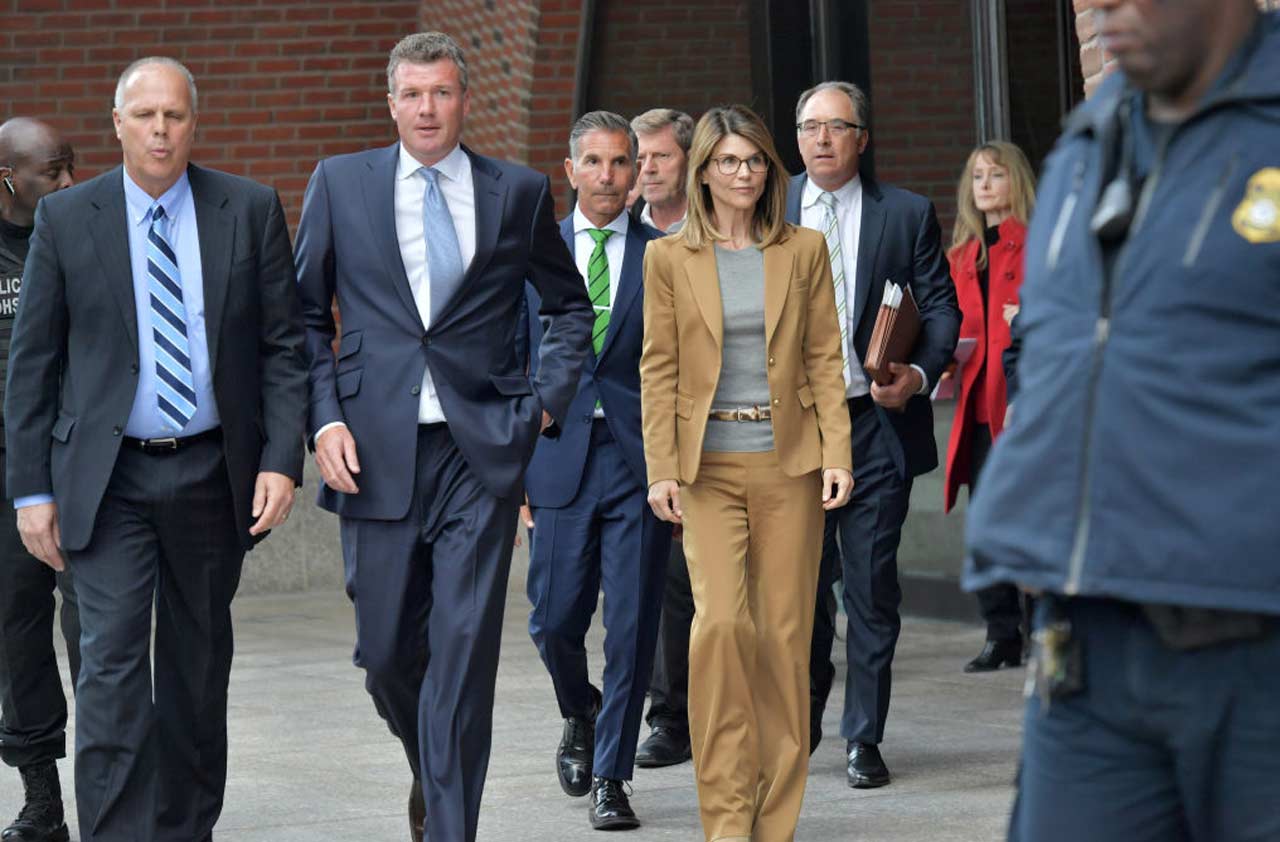 Lessons Learned From the College Bribery Scandal
Lessons Learned From the College Bribery ScandalPaying for College Being a snowplow parent who removes obstacles is not the way to raise emotionally healthy, money-smart kids.
-
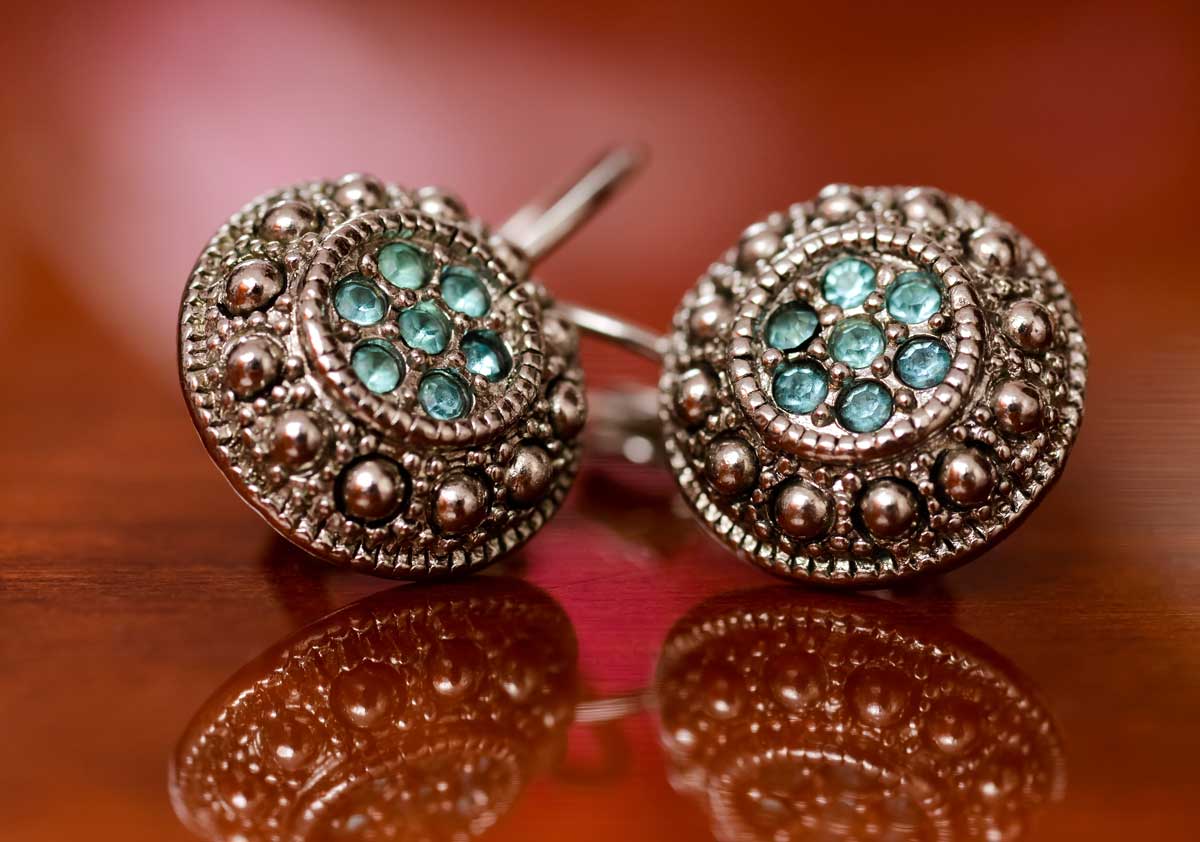 To Save More, Tap Into Your Emotions
To Save More, Tap Into Your EmotionsInvestor Psychology Objecs that have special meaning to you could be the key to identifying your savings goals.
-
 Keep Health Care Out-of-Pocket Costs in Check
Keep Health Care Out-of-Pocket Costs in Checkinsurance We asked patient advocates who focus on helping consumers with their medical bills to share some secrets.
-
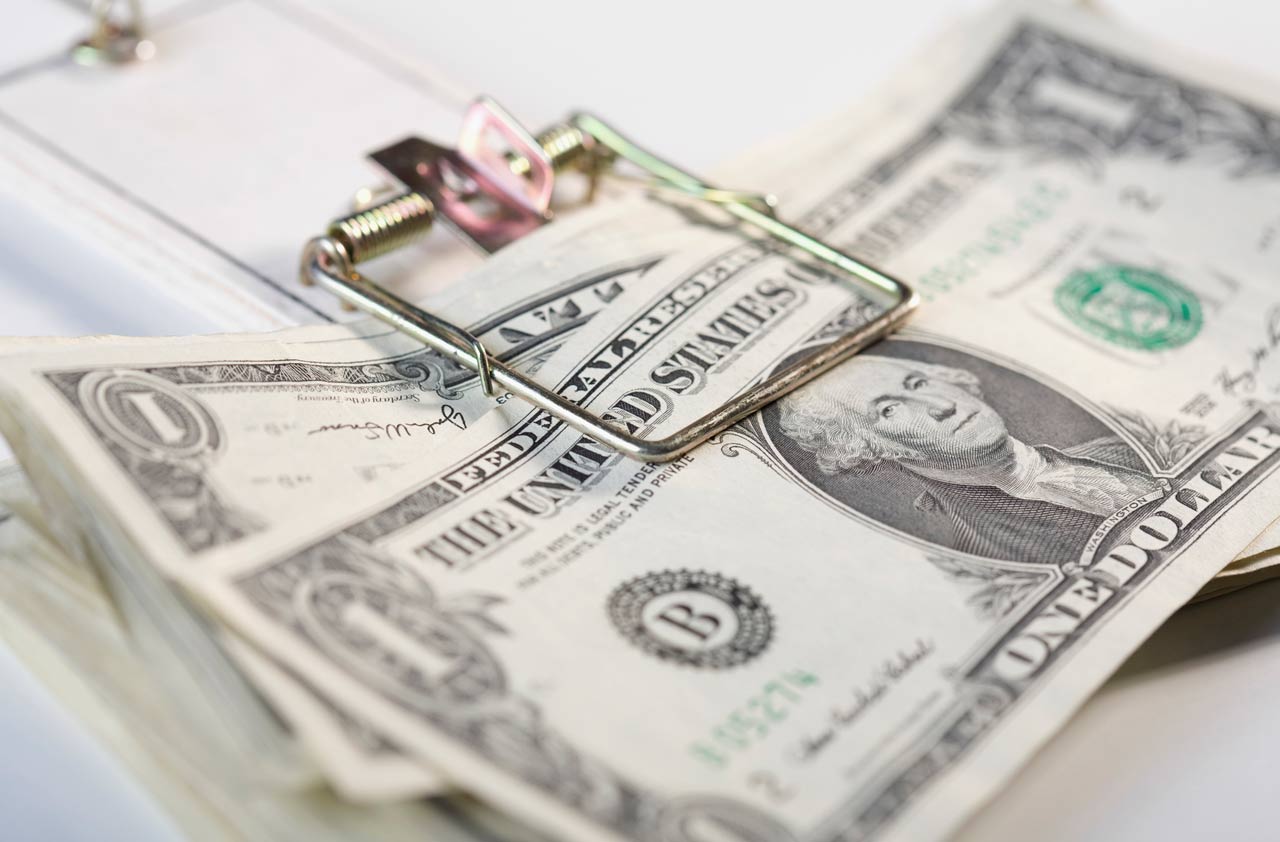 Don't Step Into These Saving Traps
Don't Step Into These Saving TrapsInvestor Psychology Some behavioral biases seem tailor-made to foil retirement savers. But their ill effects are smaller for those who are aware of them.
-
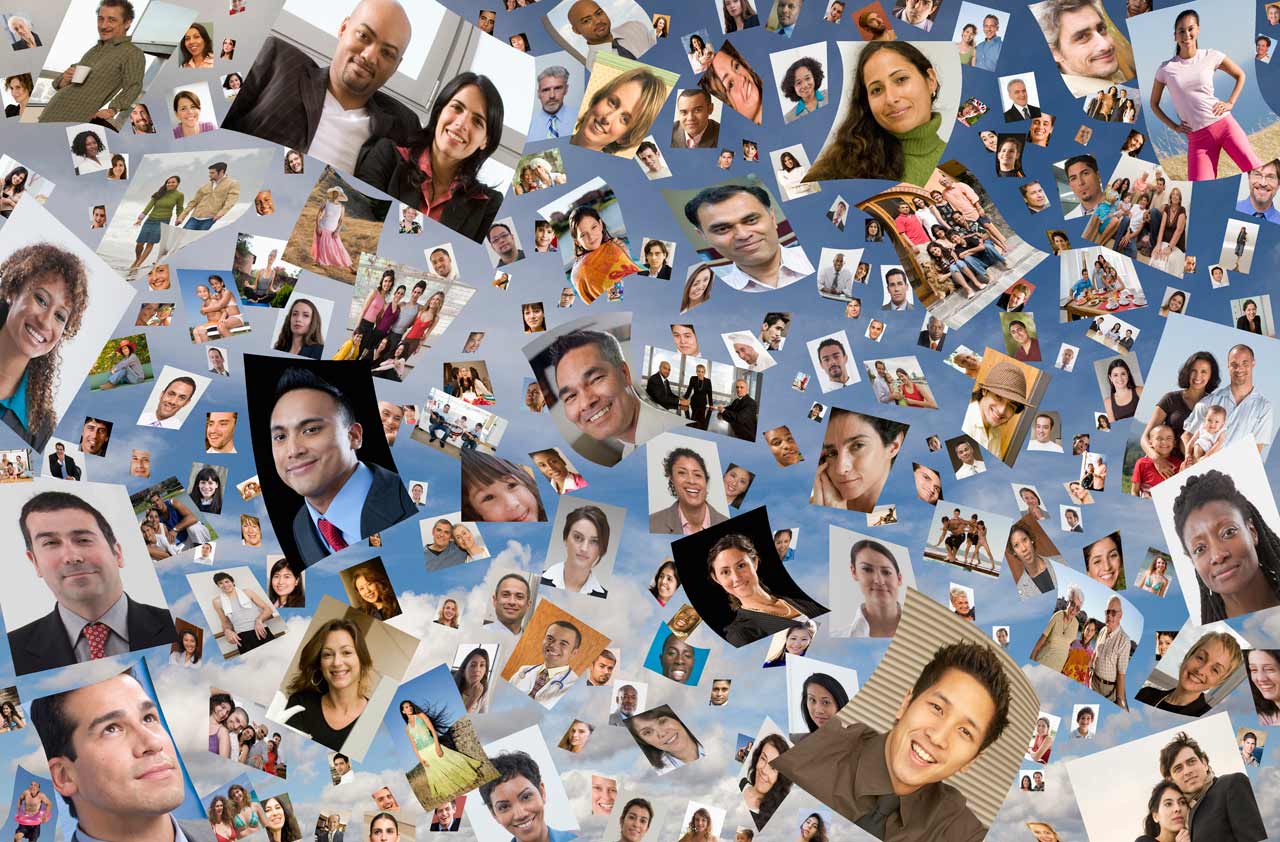 How Should Couples Merge Their Finances While Still Maintaining Financial Independence?
How Should Couples Merge Their Finances While Still Maintaining Financial Independence?spending Share your best advice with fellow readers.
-
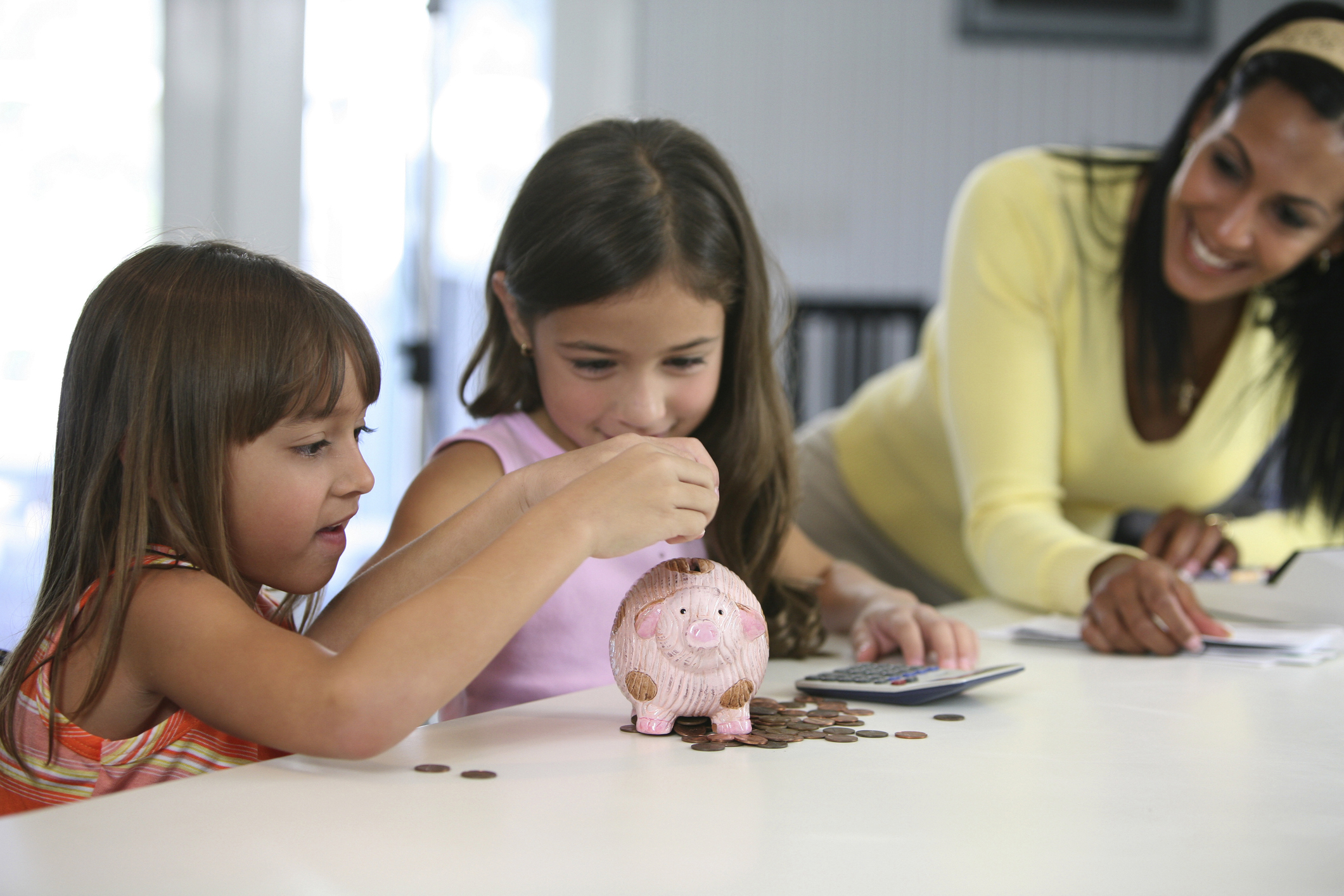 The Keys to Raising Financially Independent Young Adults
The Keys to Raising Financially Independent Young Adultsspending Parents often believe the most recent request for money will be the last, the one that finally launches Junior on the path to success.
-
 What Your Credit Score Says About Your Love Life
What Your Credit Score Says About Your Love Lifecredit & debt A Fed study finds that couples with higher credit scores are more likely to stay together.
-
 A Sucker Born Every Minute?
A Sucker Born Every Minute?Investor Psychology The radical premise of a new book suggests that free markets, even when they function perfectly, don’t operate to the benefit of all.